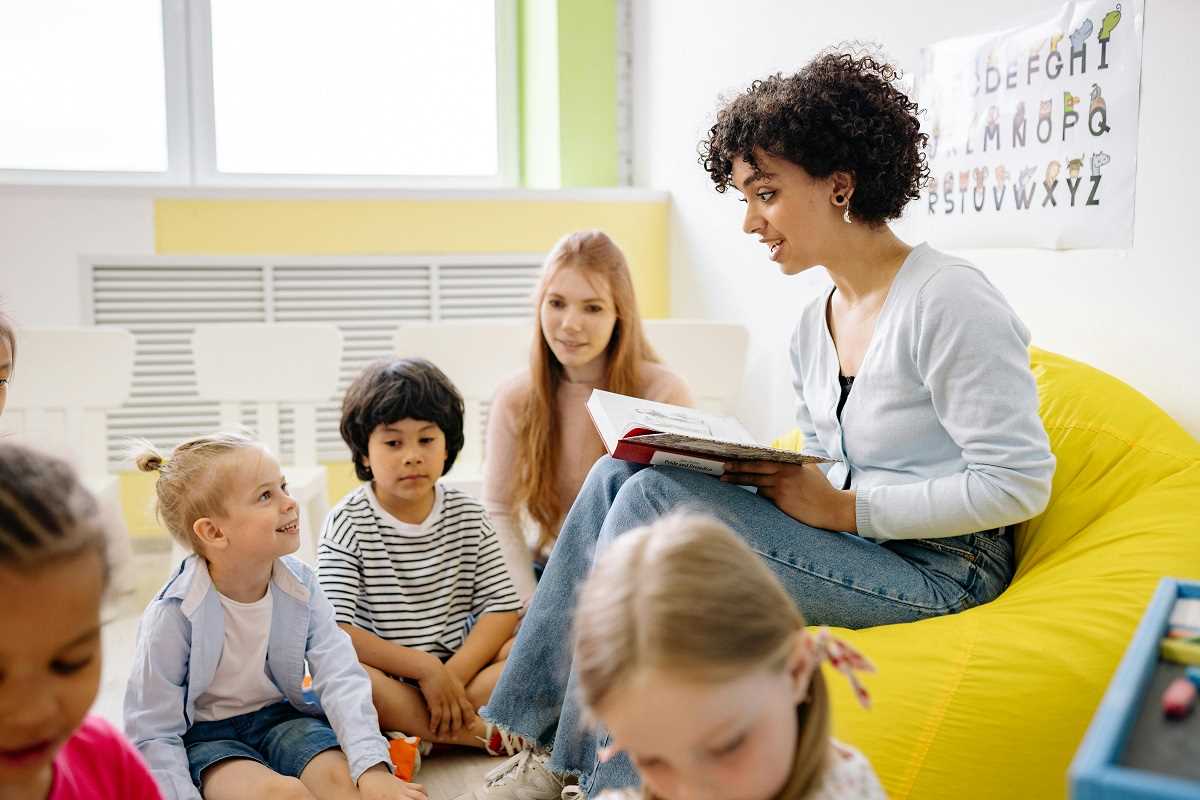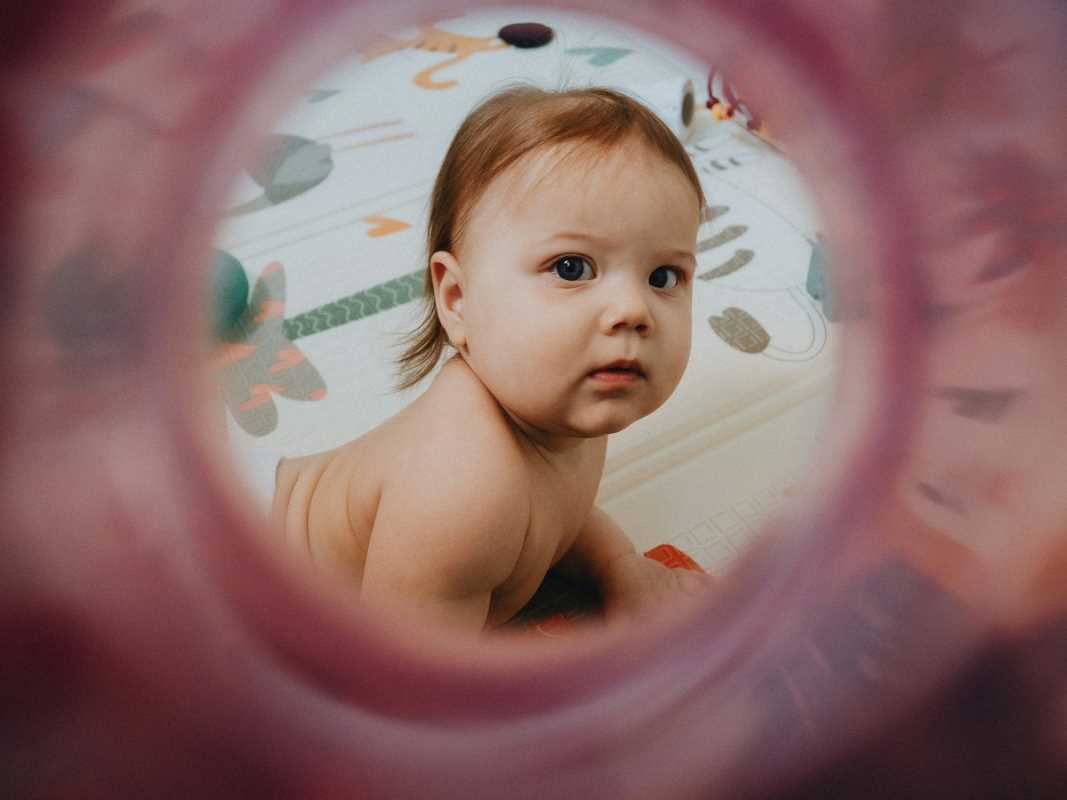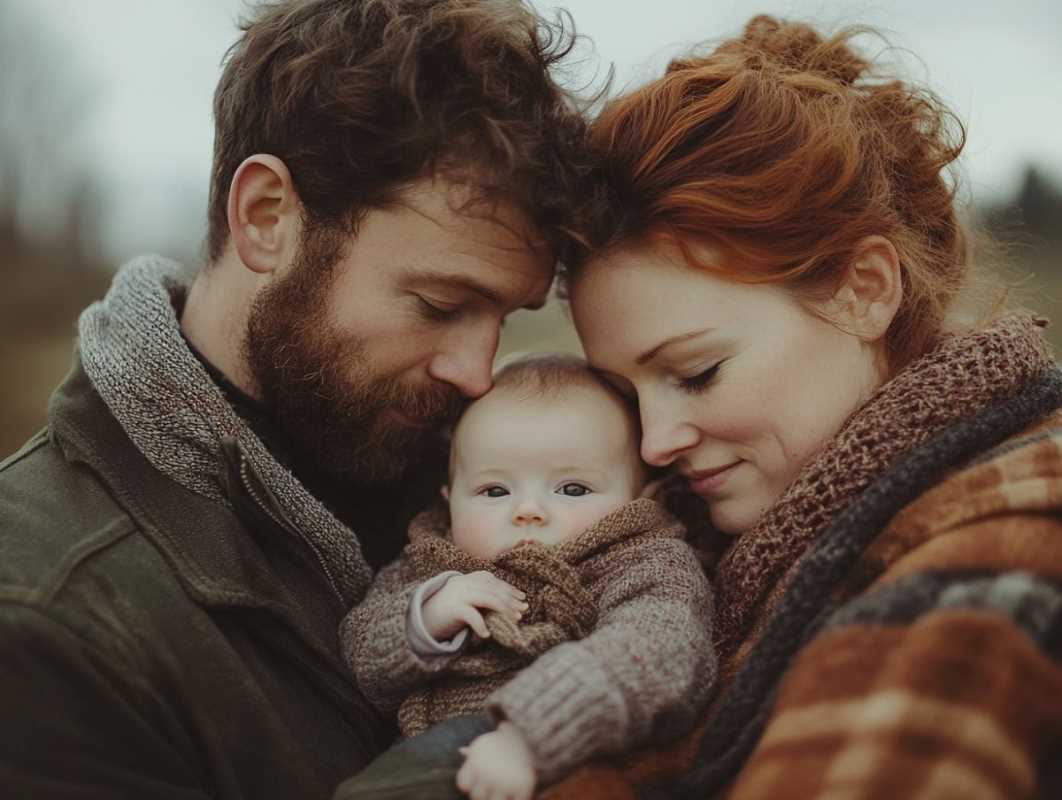The transition to kindergarten is a big milestone for your little one and for you as a parent, too. It’s exciting to see them take their first steps into this new chapter, but it can also stir up a mix of emotions, from pride to worry (and maybe even a few tears). For kids, starting kindergarten often feels like entering a whole new world, and getting them ready for this change can set them up for a more confident and successful start.
Luckily, with a bit of preparation and a lot of love, you can help your child transition smoothly. Here are some practical tips to make the process easier for the whole family.
1. Establish a Routine Early
Routines provide comfort and predictability for young children, and getting into a kindergarten-like rhythm ahead of time can make the adjustment simpler.
- Practice the Morning Routine: A few weeks before school starts, begin waking your child up at the same time they’ll need to for kindergarten. Practice getting dressed, eating breakfast, and leaving the house “on time.” This helps them (and you) avoid that chaotic first-morning scramble.
- Introduce a Set Bedtime: Kindergarten requires a lot of energy! Ensure your child gets enough sleep by sticking to an age-appropriate bedtime, preferably 10–12 hours a night.
- Schedule Quiet Learning Activities: Start incorporating focused “learning” times into your day, even if it’s just 15–20 minutes of puzzles, drawing, or reading. This mirrors what they might experience in the classroom.
Consistency is key—helping your child get used to a school-like routine can ease those first-day jitters.
2. Visit the School Ahead of Time
The unknown can feel scary for kids, so take some time to familiarize them with their new environment.
- Attend Orientation or Open House Events: Many schools invite families to visit before the school year begins. Meeting teachers, exploring the classroom, and seeing the playground can make the idea of kindergarten exciting rather than intimidating.
- Take a Walk Around the School: If an official visit isn’t possible, swing by the school and show them the outside of the building. You can say things like, “This is where you’ll play!” or “This is where the buses line up.”
- Point Out Familiar Features: If your child has older siblings or neighborhood friends attending the same school, use that connection to ease anxiety. For example, “You’ll be at the same school as big sister!”
When a place starts to feel familiar, it also begins to feel safe and welcoming.
3. Encourage Independence
Kindergarten teachers manage a classroom full of kids, so little ones who can handle basic tasks on their own will feel more confident and capable.
- Practice Self-Care Skills: Teach your child how to put on their backpack, zip up their jacket, use the bathroom independently, and wash their hands thoroughly.
- Teach Them How to Open Lunch Items: If they’ll be bringing a packed lunch, practice opening food containers, peeling bananas, or unwrapping sandwich bags on their own. These small tasks can make lunchtime a lot easier.
- Assign Simple Responsibilities: Start asking your child to clean up their toys, choose their outfit for the next day, or set the table for meals. This builds confidence and a sense of responsibility.
The more independent they feel, the better equipped they’ll be to tackle the new challenges of kindergarten.
4. Read Books About Starting School
Books are a fantastic way to introduce kids to new experiences because they show them what to expect in a relatable and non-intimidating way.
- Choose Kindergarten-Themed Books: Stories like The Kissing Hand by Audrey Penn or Miss Bindergarten Gets Ready for Kindergarten by Joseph Slate help kids see that school can be fun and exciting.
- Talk About the Story: Ask your child how they feel about the characters and what they’re most excited or nervous about when they think of school.
- Revisit the Books Often: Repetition is reassuring, so rereading these stories in the weeks leading up to kindergarten gives them confidence and familiarity.
Books can spark conversations about what’s on their mind and help address any concerns early on.
5. Talk About Common Fears
It’s totally normal for kids to feel nervous about starting kindergarten. Give them space to express their worries and help them work through those feelings.
- Ask Open-Ended Questions: Say things like, “How are you feeling about school?” or “What do you think it’s going to be like?” This gives them the chance to open up without feeling pressured.
- Validate Their Feelings: If they say they’re scared, meet them where they are. “I understand. Starting something new can feel a little scary, but I promise it will also be lots of fun.”
- Provide Reassurance: Address specific fears—if they’re worried about making friends, remind them that everyone in their class will be new and looking for friends too. If they’re scared about being away from you, tell them you’ll be waiting at the end of the day to hear all about their adventures.
Helping them name and process their emotions will go a long way in easing those first-day nerves.
6. Roleplay “School” at Home
Make kindergarten feel less mysterious by practicing what their day might look like.
- Pretend to Be a Teacher: Grab a chalkboard or a few books and “teach” your little one about shapes, colors, or animals as if you were their teacher.
- Practice Common Routines: Walk through routines like sitting quietly during circle time, raising their hand to ask questions, or lining up with “classmates” (stuffed animals count!).
- Teach Social Skills: Kindergarten is about more than academics—it’s a social experience too. Practice taking turns, sharing, and saying phrases like “Can I play with you?”
By acting out different scenarios, you give your child a sense of comfort and curiosity about what’s to come.
7. Enable Friendships Before School Starts
A familiar face on the first day can make all the difference in how comfortable your child feels.
- Connect With Other Families: Reach out to neighbors or join local parenting groups to find out if anyone else’s child will be in the same class or school.
- Plan a Playdate: Arrange a playdate with potential classmates to help them form a connection before school starts.
- Talk About Classmates (If Known): If your child has a preschool friend or sibling at the same school, share that connection to make the environment feel less intimidating.
Having someone to play with or sit next to during those first few days makes everything feel a little easier to manage.
8. Ease Separation Anxiety
It’s hard to leave your little one at that classroom door, especially when they look back at you with those big, uncertain eyes. But helping them build confidence now will make goodbyes much smoother.
- Practice Short Separations: If they’re not used to being apart from you, start with small steps—spend an hour or two apart while they stay with a babysitter or family member.
- Use Comforting Objects: Consider giving your child a small keepsake to carry with them, like a family photo or a tiny plush toy that reminds them of home.
- Keep Goodbyes Short and Sweet: Avoid dragging out the goodbye. A quick hug and “I love you—you’re going to have so much fun” can be far more reassuring than a teary farewell.
Most kids adjust quickly after parting, but helping them feel secure in the moment will set a positive tone for the rest of their day.
9. Get Excited Together
Your own attitude has a huge impact on how your child feels about kindergarten.
- Build Up the Anticipation: Talk about how much fun they’ll have making new friends, learning cool things, and playing on the playground.
- Shop for Supplies Together: Let your child pick out their backpack, lunchbox, or a special outfit for the first day—it helps them feel involved and excited.
- Create a Countdown: Make a paper chain or visual calendar to count down the days until school starts.
When they see you feeling positive and enthusiastic, it’s easier for them to mirror that excitement.
Starting kindergarten is a big step, but with some thoughtful preparation, you can make the transition as smooth and joyous as possible for your child.
And remember, the first few days might be an adjustment for you too, and that’s okay. Watching your child walk bravely into kindergarten is a proud moment, and your support will make all the difference.
 (Image via
(Image via





